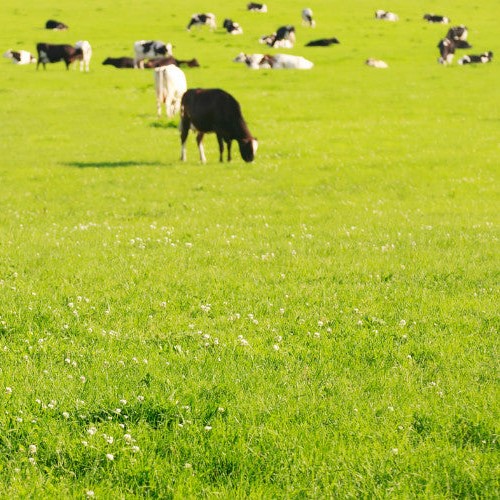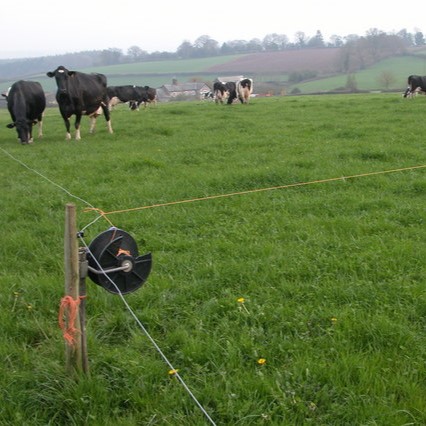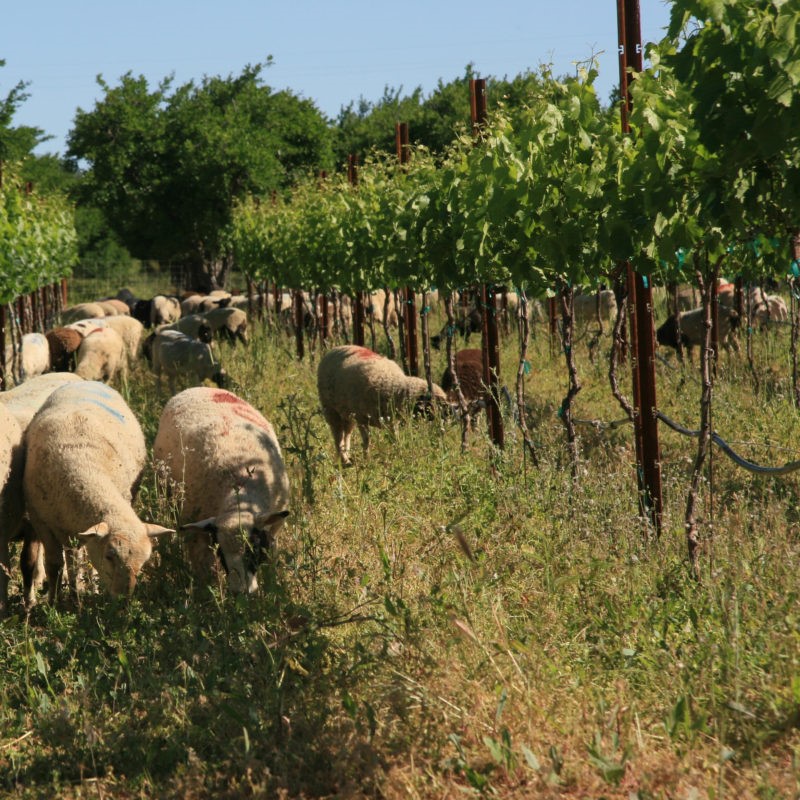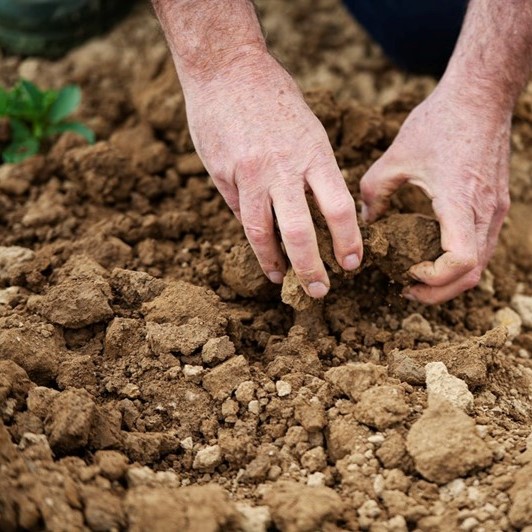Description
Organic forage crop selection is a critical decision for farmers aiming to sustainably manage their livestock and enhance their farm’s ecological footprint. Several factors must be considered to optimize productivity, nutritional value, and environmental impact.
Firstly, climate and soil conditions play pivotal roles in crop selection. Understanding your region’s climate patterns, temperature fluctuations, and precipitation levels will help determine which crops thrive best. Soil health is equally crucial; assessing soil quality, pH levels, and nutrient content can guide you toward crops well-suited to your specific soil conditions.
Secondly, consider your livestock’s nutritional needs. Different forage crops offer varying levels of protein, fiber, and essential minerals. Matching these nutritional profiles to your animals’ dietary requirements can improve their health and productivity while reducing the need for supplemental feeding.
Furthermore, crop rotation and diversity are essential practices in organic farming. Rotating crops helps break pest cycles, reduces soil erosion, and enhances nutrient availability. Introducing diverse forage species can also mitigate risks associated with disease outbreaks or adverse weather conditions, promoting resilience within your farming ecosystem.
Additionally, pay attention to water usage and conservation. Opt for forage crops that are drought-tolerant or require minimal irrigation, especially in regions prone to water scarcity. Efficient water management not only conserves resources but also supports sustainable farming practices.
Lastly, consider your chosen forage crops’ economic viability and market demand. Evaluate potential yields, production costs, and market prices to ensure profitability while meeting organic certification standards.
You can make informed decisions when selecting organic forage crops by carefully evaluating these factors—climate suitability, soil health, nutritional value, crop rotation, water management, and economic feasibility. This holistic approach enhances farm productivity and supports long-term environmental stewardship and sustainable agricultural practices.







Linus –
Implementing the recommendations from this guide has transformed our farm. We’ve seen healthier crops, happier livestock, and ultimately, better financial returns. It’s an invaluable resource that every organic farmer should have.
Ahamed –
I found the Organic Forage Crop Selection Guide to be incredibly informative. The structured approach helped me choose the best crops for my soil type and climate, ensuring higher yields and healthier livestock.
Felix –
This guide is written by experts who clearly understand the challenges of organic farming. Their recommendations are backed by solid research and real-world experience, making it a trusted resource for anyone serious about sustainable agriculture.